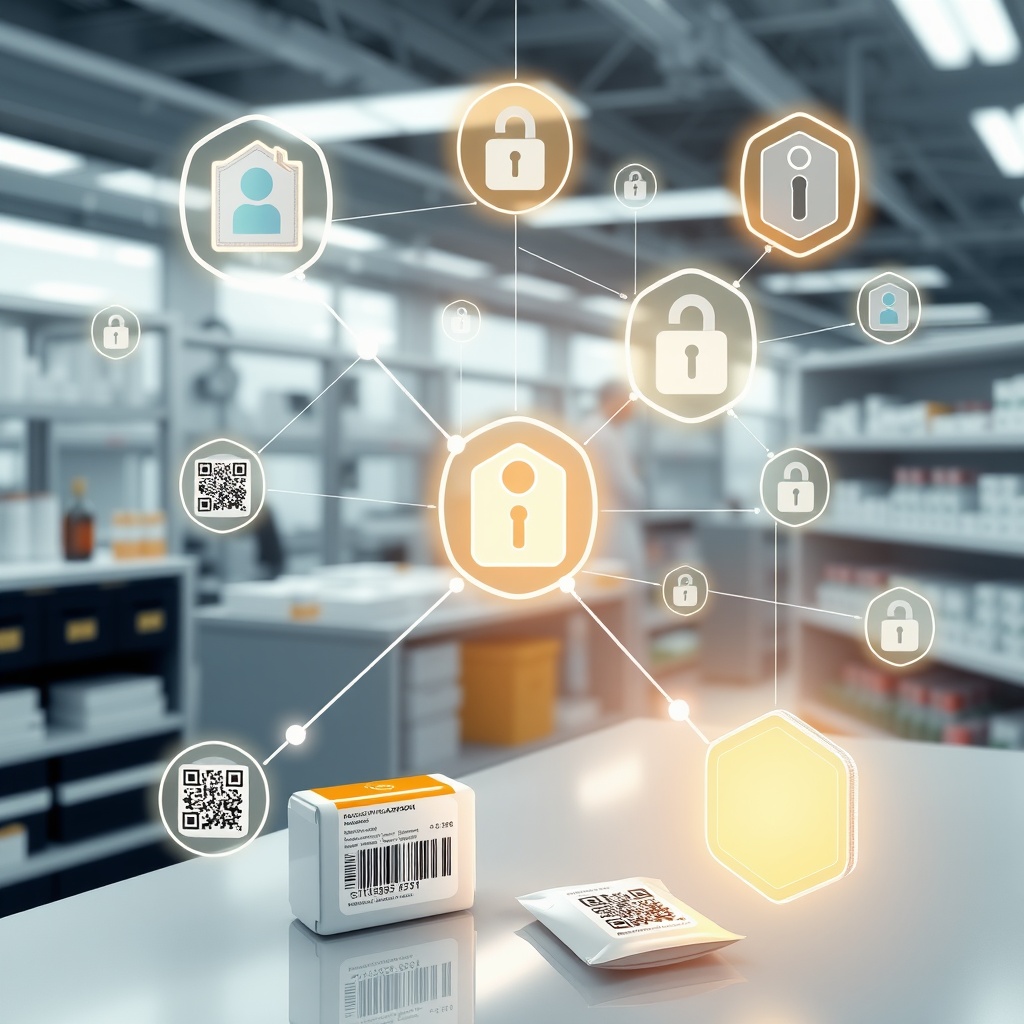Understanding the Counterfeit Drug Crisis
The pharmaceutical industry faces a growing challenge with counterfeit drugs infiltrating the market. These fake medications not only threaten patient safety but also undermine the integrity of healthcare systems globally. With the World Health Organization estimating that 1 in 10 medical products in low- and middle-income countries is substandard or falsified, there is an urgent need for innovative solutions that can ensure drug authenticity.
Blockchain technology emerges as a powerful ally in this battle against counterfeit drugs. By providing a decentralized and immutable ledger, blockchain can enhance traceability and transparency in the drug supply chain, making it more difficult for counterfeit products to enter and circulate within the market.
How Blockchain Enhances Drug Traceability
One of the significant advantages of blockchain is its ability to create a secure and transparent record of every transaction that occurs in the supply chain. Each drug’s journey—from manufacturer to distributor, and finally to the pharmacy—can be recorded on a blockchain, thus ensuring that all stakeholders have access to real-time data regarding the drug’s provenance.
This level of visibility is crucial for detecting anomalies that may indicate counterfeiting. As each transaction is time-stamped and linked to previous ones, it becomes exceedingly challenging for counterfeiters to insert fake products into the supply chain without being detected.
- Transparency: All parties involved in the supply chain have access to the same information, reducing discrepancies and errors.
- Immutability: Once data is entered into the blockchain, it cannot be altered, ensuring the integrity of drug records.
- Real-time Tracking: Stakeholders can monitor the movement of drugs in real-time, allowing for swift action in case of irregularities.
Real-World Applications and Future Prospects
Several organizations are already harnessing blockchain technology to combat the counterfeit drug crisis. Initiatives such as MediLedger and Modum are leading the way by implementing blockchain solutions that facilitate drug traceability and compliance with regulatory frameworks.
The future of blockchain in the pharmaceutical industry looks promising. With ongoing advancements in technology and increasing regulatory support, blockchain could become a standard in ensuring drug safety and authenticity. As the industry moves toward greater digitalization, the integration of blockchain will likely pave the way for a more secure and efficient drug supply chain.


















